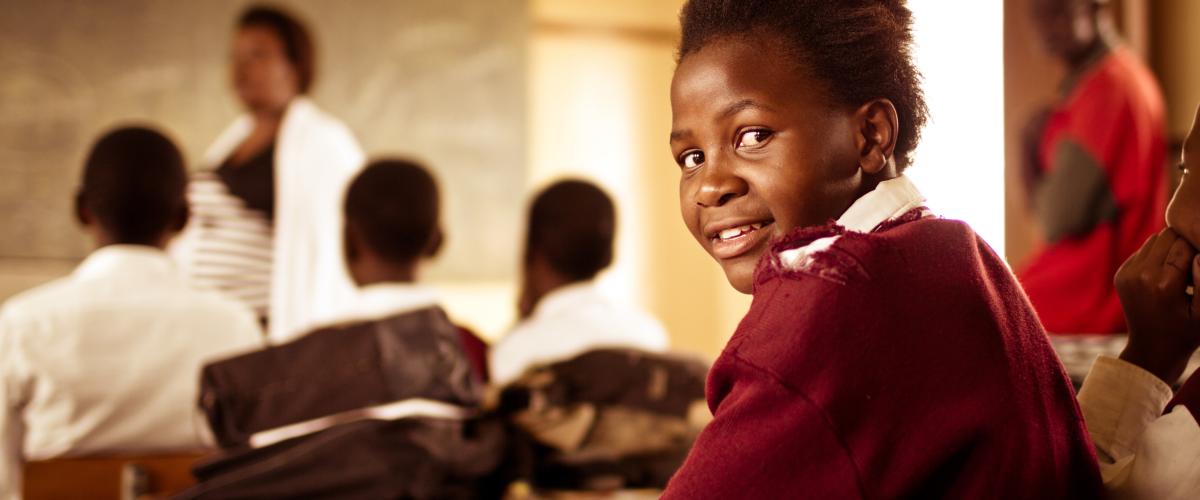Chad’s capital and largest city, N’Djamena, is highly vulnerable to a range of natural hazards that range from pluvial and riverine flooding to wind erosion and desertification. These vulnerabilities are further compounded by biodiversity loss, including loss of forest cover; and by weak infrastructure, including infrastructure that is insufficient with regard to flood risk management and flood protection; as well as the fragile and conflict-affected situation in the country.
With support from GFDRR, a team utilized the Nature-Based Solutions Opportunity Scan—a tool used to assess potential NBS to be explored in targeted areas—to identify the areas in which NBS could reduce pluvial and fluvial flood risks and address the issue of urban heat in N’Djamena. Different types of NBS were considered in order to assess which would yield the most benefit to the outlined challenges. The scan identified large areas on the outskirts of existing natural features that could be protected as well as specific areas within the city that were suitable for either the enhancement or the creation of NBS. Benefit modeling then highlighted which type of NBS could mitigate flooding, runoff, and heat. The creation or restoration of urban green spaces, including green corridors along roads and waterbodies; the use of rain gardens and bioswales; the rehabilitation and maintenance of urban wetlands and/or retention basins; and the development of agro-sylvo-pastoral systems along dikes and drainage areas were determined to be the NBS types with the highest potential for reducing risks from flooding and stormwater runoff.
The team’s technical experts also supported a mission to N’Djamena that took place in May 2023. The mission included a workshop with the relevant authorities to present NBS opportunities for N’Djamena, aiming to create a common understanding around NBS and their applicability to the specific context of that city. The team also conducted a series of field visits in which NBS such as urban forests, restoration of water courses, urban agriculture, and green corridors were discussed. Additionally, informal discussions were held with citizens working in initiatives that could be further strengthened and supported through NBS, such as composting and urban agriculture cooperatives.
GFDRR and World Bank engagement on NBS in N’Djamena has been undertaken in the context of the N’Djamena Urban Resilience Project, a $150 million project supported by the World Bank’s International Development Association (IDA). The project aims to improve flood protection and drainage infrastructure and strengthen climate-resilient urban planning and community investments in N’Djamena.
The project remains in its early stages, with plans to implement activities through 2029. GFDRR will remain engaged in this initiative to assess the potential to incorporate several NBS—including green corridors and floodplains as flood mitigation measures—as part of a hybrid solution for flood protection. At the same time, the project will aim to expand and consolidate a virtuous cycle for the resilience of green local initiatives already present in the city; these include urban agriculture, local food markets, production organic composting, and tree nurseries. Furthermore, GFDRR engagement enabled the project design to include a Project Development Objective (PDO) indicator that specifically measures the proximity of populations to an implemented NBS. World Bank projects rarely have PDO indicators that specifically measure NBS activities, especially at the outcome level. As one of the first World Bank projects to have such an NBS PDO indicator, this project can offer lessons for other projects on ways to measure the outcomes of NBS activities, which will further promote their use, including in fragile and conflict-affected situations such as Chad.

View more results stories from fiscal year 2023 in GFDRR's Annual Report 2023.
